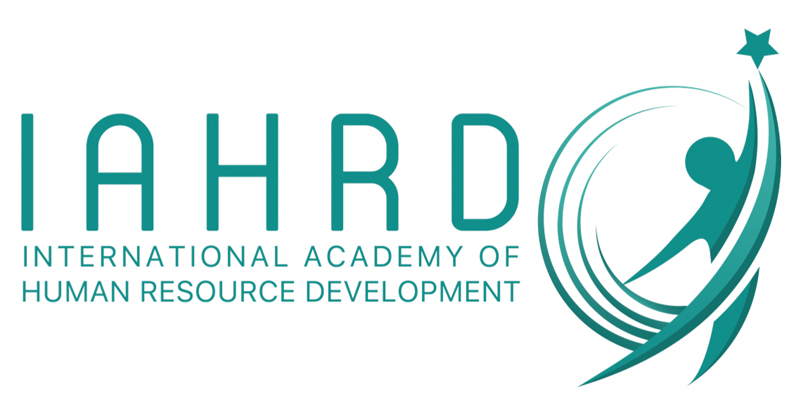
The Scientific Art of Management
The Scientific Art of Management
Introduction:
This course is introduced to you by the International Academy of Human Resources and Development (IAHRD). Our courses are especially designed to meet your needs, explained to you by experts with a long experience in the field.
In today’s world Staff are faced with increasingly complex responsibilities. In order to meet this challenge they must be continually sharpening their management skills by learning the ways to manage and motivate themselves and others, utilization of performance and productivity, negotiate effectively and wisely and examine the managements' best practices.
In this program you will learn how to:
Objectives:
After participating in this program, candidates will be able to:
- Improve performance through managerial effective methods.
- Use strategic planning for effective current plans.
- Become better negotiators to accomplish the desired outcomes.
- Apply management best practices.
Contents:
Module 1:
- What is the definition of management?
- What are the functions of management?
- Satisfying customer and profit maximization.
Module 2:
- Accomplishing goals.
- Human resources management.
- Staffing, motivation and leadership
Module 3:
- Motivation and its challenges.
- Workers attitudes and feelings.
- Quality of work life (QWL).
Module 4:
- Workers psychological and emotional well-being.
- Job satisfaction.
- Hygiene Factors vs. Motivation Factors.
- Effective reward systems.
Module 5:
- Positive and negative aspects of conflicts.
- Functional Conflicts vs. Dysfunctional Conflicts.
- What are the sources of conflicts?
- How to overcome conflicts?
- Personality and values.
- Continuous feedback.
Who Should Attend?
- Those Responsible For Organizational Improvement.
- Those Concerned With Achieving Standards Of Excellence.
- Those Interested In Enhancing Their Management Skills.
- Fresh graduates and undergraduates.
times [ Istanbul ]
| from | to | price $ | venue | actions |
|---|---|---|---|---|
| 2024-04-28 | 2024-5-2 | 3,250 | Istanbul | join enquire |
| 2024-05-05 | 2024-5-9 | 3,250 | Istanbul | join enquire |
| 2024-07-07 | 2024-7-11 | 3,250 | Istanbul | join enquire |
| 2024-07-28 | 2024-8-1 | 3,250 | Istanbul | join enquire |
| 2024-09-01 | 2024-9-5 | 3,250 | Istanbul | join enquire |
| 2024-10-27 | 2024-10-31 | 3,250 | Istanbul | join enquire |
| 2024-11-03 | 2024-11-7 | 3,250 | Istanbul | join enquire |
